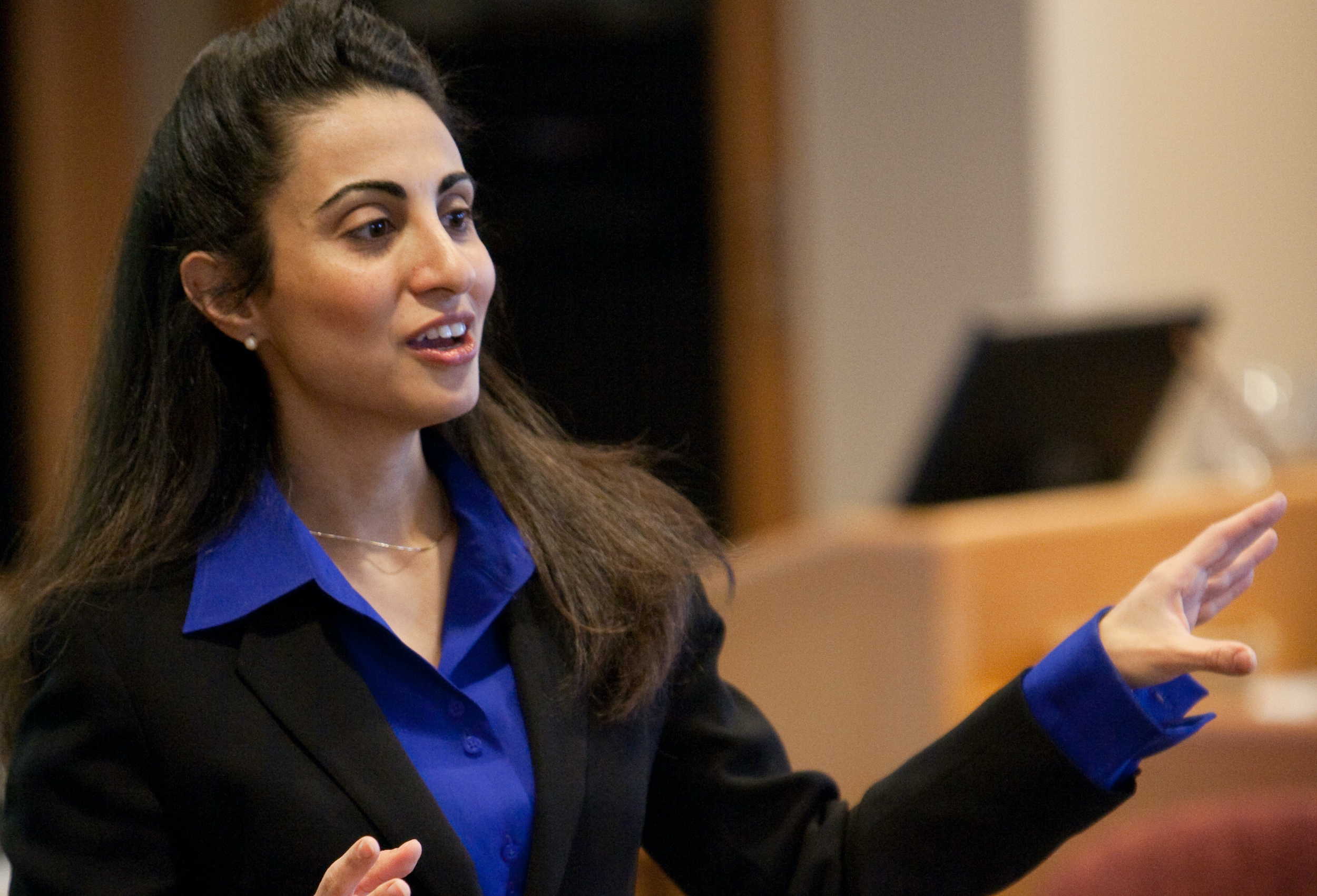Behavioral scientist and economics professor Nava Ashraf wonders how her disciplines can have social impact. So, she explores aspects of psychology to understand how decision-makers can improve the design of economic development programs, works with families to observe the economics of family in developing regions, and studies health practices in those settings.
When she is not experimenting to improve health care in Zambia, she teaches and supervises doctoral studies at the London School of Economics and direct research at LSE’s Marshall Institute. A lifetime of academic excellence and social service has earned the Iranian-Canadian scientist the Canadian Governor-General’s Award for Academic Excellence and the Order of British Columbia.
From the Harvard Business School to the London School of Economics
While Ashraf became the youngest person to ever earn that order (the highest honor conferred by British Columbia) at 20 years old and just one year after finishing high school in Kelowna, early success did not slow her down. After finishing the International Baccalaureate program in Kelowna, she went on to study Economics and International Relations at Stanford and then started her M.A./Ph.D. in Economics at Harvard.
She then stayed on board at Harvard after concluding her doctoral studies, teaching classes on field experiments and psychology and economics on the field at the Harvard Business School. Since those days, she has been looking for ways to apply the discipline of behavioral economics for social impact, designing and leading new classes on this, and focusing her research agenda on global health.
In 2016, Ashraf became a professor at the Department of Economics at LSE, where she also assumed the role of research director at the Marshall Institute.
Finding home in Kelowna, British Columbia
Ashraf’s journey to become a top economist in her field and a distinguished citizen of British Columbia took a turn in 1980, when her family fled Iran to escape religious persecution. In Canada, she not only racked up academic achievements, but also learned French and started working to establish and lead various community service initiatives.
Early on, she worked on starting an environmental awareness group and developed a computer program to assist immigrant students with learning English as a second language. Having found home in beautiful Kelowna and left her mark on the community, Ashraf then moved to California to study at Stanford on a full scholarship.
Nava Ashraf opens doors for better education, health care
It seems that her early experiences with community service in British Columbia still inspire Prof. Ashraf today, many years later and in markedly different settings. Over the course of her years in social scientific research, Ashraf has spent more than a decade on the field in Zambia, in addition to working at MIT’s Poverty Action Lab.
The spirit is alive and well in her more recent work. In her field experiments and research, Prof. Ashraf works on getting health care products and services to communities in need, educating couples about maternal and birth risks, and discovering the influence that children can have inside families by teaching young girls how to negotiate and to convince their parents to grant them permission to go to school.
According to her, it is not true that economists care “only about money.” She emphasizes, “we care about people being able to maximize their utility and family unity.”
Scientific research, in Ashraf’s eyes, cannot reach its potential and have positive social and policy impact when researchers are in their “ivory towers.” The common view that “we are supposed to find the knowledge, bestow the knowledge to people on the other side of the world, and get them to apply it and disseminate it” is wrong. She says field experiments are one way of gaining a deep understanding of human behavior. Without these, “we cannot solve the challenges of global health.”



